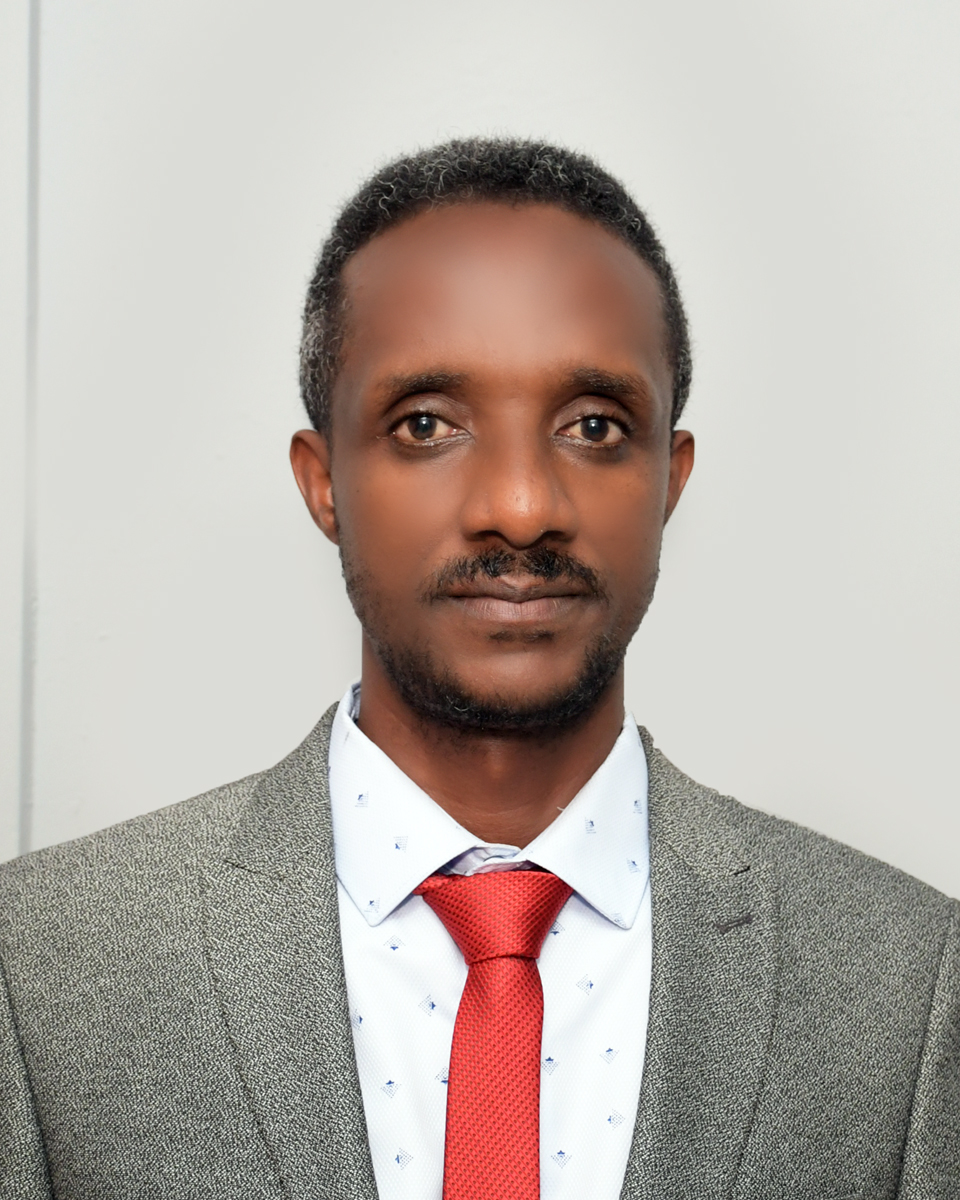On April 23, 2024, Z elalem Tenaw defended his PhD thesis at Hawassa University titled “Reproductive Health Service Utilization and Burden of Problems among Women with Disabilities in Sidama Region, Ethiopia”.
elalem Tenaw defended his PhD thesis at Hawassa University titled “Reproductive Health Service Utilization and Burden of Problems among Women with Disabilities in Sidama Region, Ethiopia”.
His PhD thesis and publications can be downloaded here.
This study aimed to assess the utilization of reproductive health services and the burden of reproductive health problems among women with disabilities in the Sidama Region in Ethiopia. It used a cross-sectional study design of 652 women with disabilities. Two-thirds had recently experienced an unintended pregnancy, and 60% of reproductive-age females with disabilities reported sexual violence experience. Only 27 % were current contraceptive users, and transport accessibility, age, and types of disability determined their contraceptive use. Also, age, residency, income, parity, alcohol use, and sexual information were the risk factors. It is essential to implement strategies for raising contraceptive awareness and incorporating at-home contraceptive provision into the health extension programs.
Zelalem Tenaw earned his BSc in midwifery at Hawassa University and a Master’s in Maternity and reproductive health at Addis Ababa University in 2015. He is an assistant professor at Hawassa University.
Zelalem’s achievement is the first PhD in Public Health at Hawassa University, a testament to his dedication and the university’s commitment to advancing knowledge in this field. This is a significant achievement at the College of Medicine and Health Sciences. Zelalem is the first to enroll and complete his doctoral work as a “pure Hawassa PhD graduate.” Students before him were also attached to other universities.
The Senuph project aims to strengthen the College of Health Sciences to run good PhD programs. In the case of Zelalem Tenaw, both his supervisors are attached to the Senuph project, and the Senuph program has participated in giving PhD courses at the institution. We are now looking forward to more PhD graduates completing their Ph.D.
